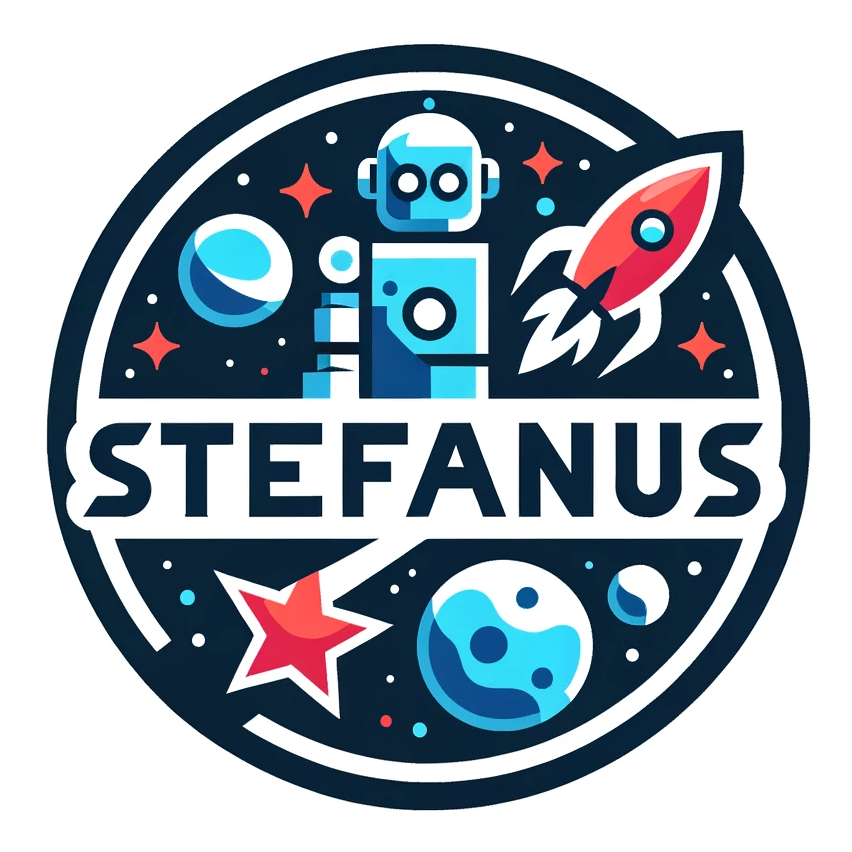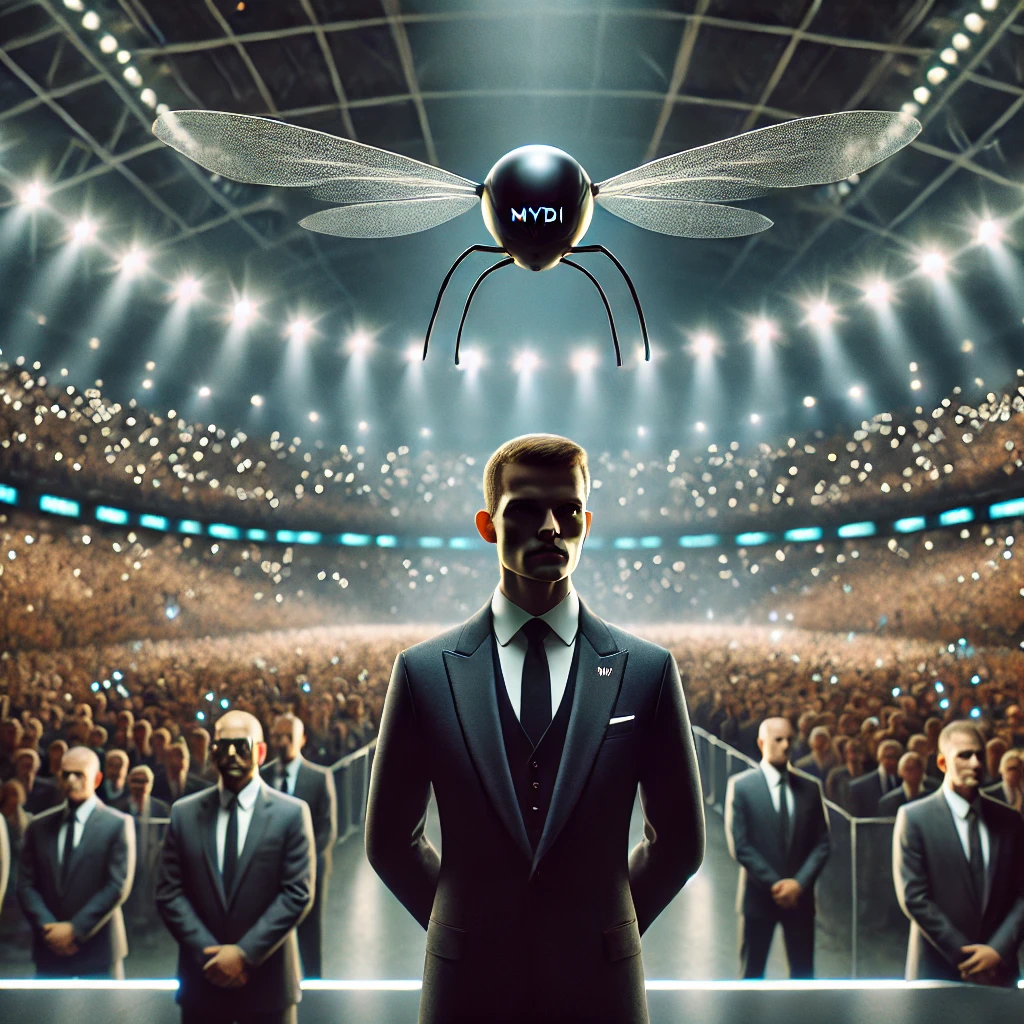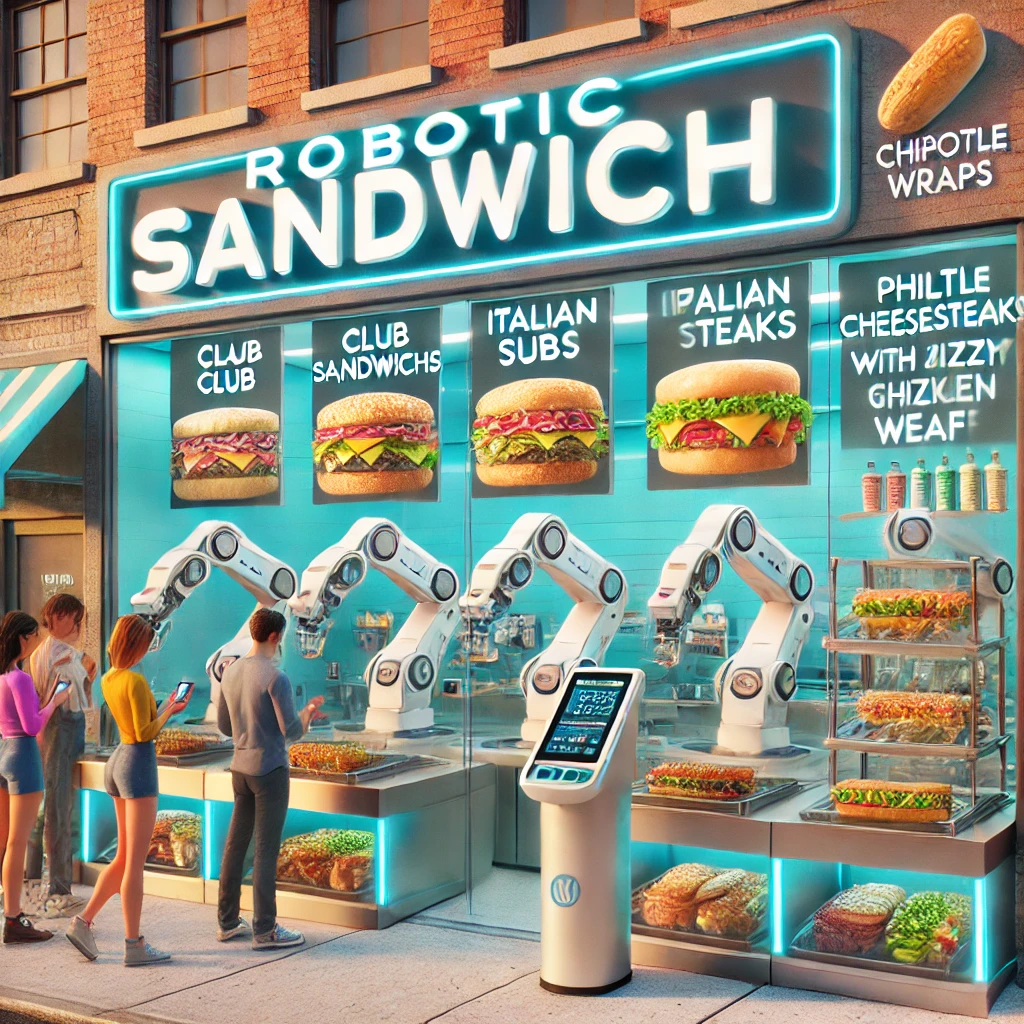The global education landscape has changed forever since the COVID-19 pandemic struck five years ago. Traditional institutions no longer operate as they once did, with students increasingly moving away from physical campuses and classrooms. Instead of attending in-person lectures, many now engage with their teachers and classmates virtually through video conferencing platforms like Zoom, Google Meet, Skype, and Webex.
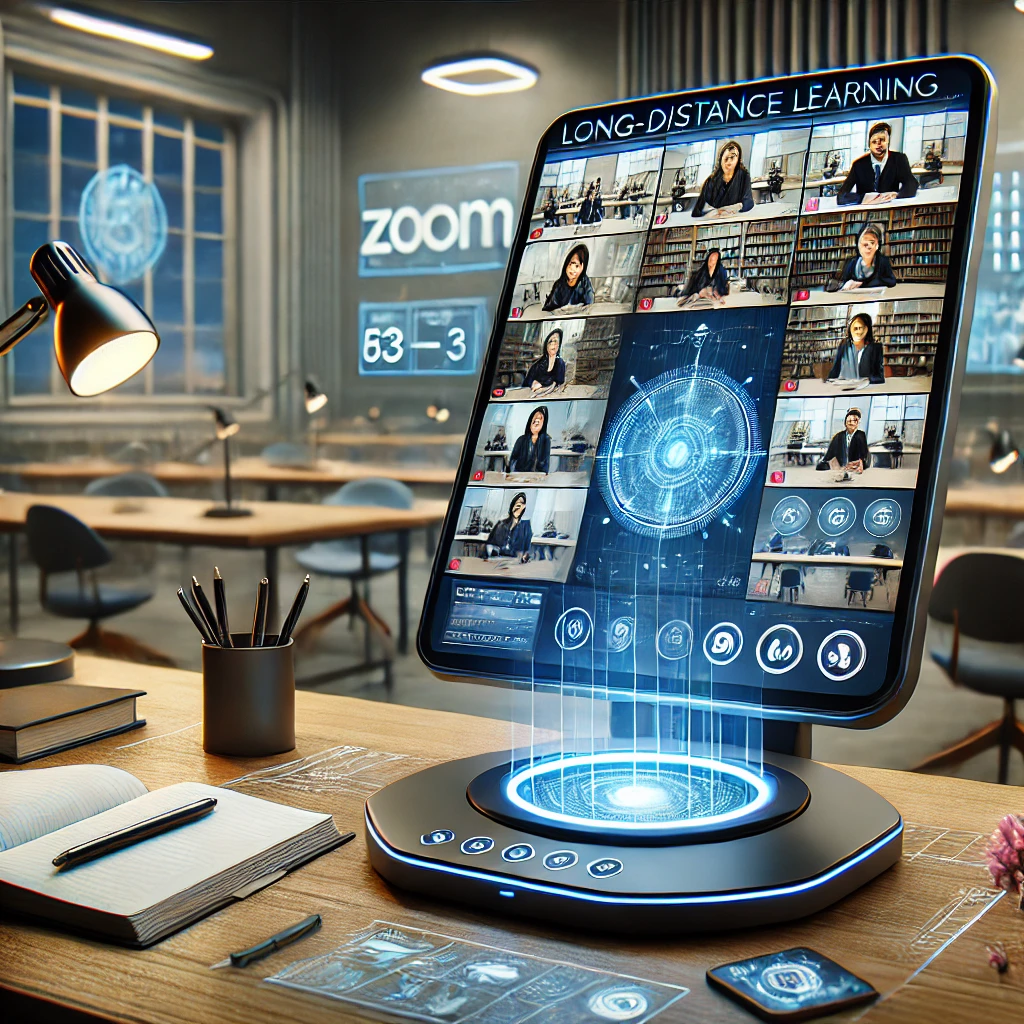
One of the most pressing issues today is the urgent need for long-distance learning to support children who have lost their homes and schools due to unforeseen disasters. A heartbreaking example is the small community in Southern California that was devastated by the catastrophic inferno of January 2025, which engulfed the entire city of Pacific Palisades, destroying over 5,000 luxury homes and multiple schools from elementary to high school. As a result, students have been forced to return to remote learning, reminiscent of the COVID era, relying on platforms like Zoom to continue their education. While many families have relocated, some students have chosen to stay, determined to complete their final semester and earn their high school diplomas. Virtual learning has become a critical lifeline, allowing them to attend classes daily and maintain academic progress, yet the absence of face-to-face interaction has taken a toll, leaving students struggling with the emotional loss of social connections with their classmates and teachers. This tragedy highlights the growing need for innovative long-distance learning solutions to ensure that students—regardless of their circumstances—can continue their education without disruption.
While distance learning offers flexibility, it is not suited for everyone. Success in this model requires strong self-discipline and motivation. A prime example of this are two Asian siblings who, through rigorous online study, became the youngest individuals to pass a state bar exam at just 17 years old in the summer of 2024. Today, both serve as law clerks at the District Attorney’s Office in Tulare County, California—demonstrating the power of modern education when paired with dedication.
As we face a growing shortage of teachers and professors, the traditional mass-education model, where thousands of students attend the same standardized lectures, is becoming obsolete. Instead, education is shifting toward more specialized and personalized learning experiences. The rise of generative AI, particularly since ChatGPT’s public debut in late 2022, has made this transition seamless. AI-enhanced teachers and professors can now provide tailored education to each student, ensuring a more effective and engaging learning experience.
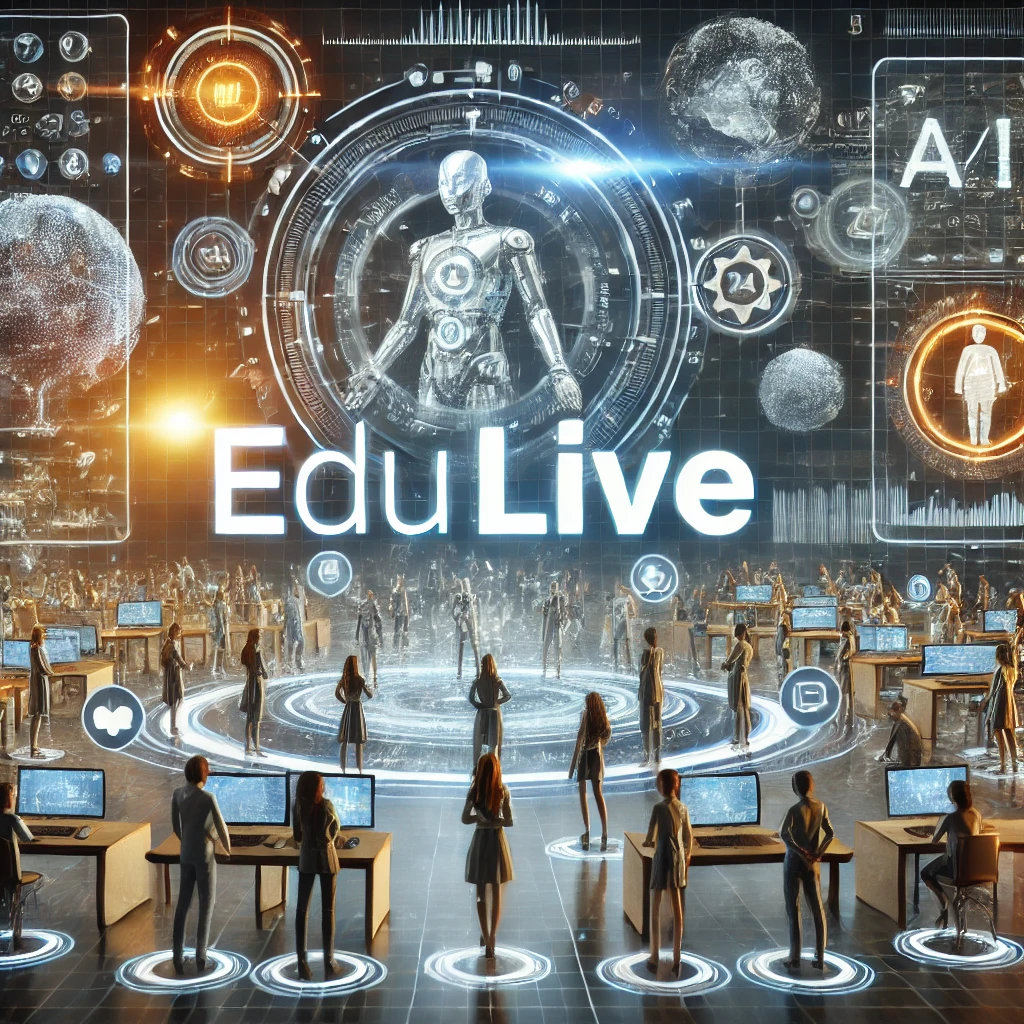
Enter EduLive—a revolutionary 24/7 education system powered by AI-driven teachers and professors, offering an unlimited range of subjects. Originally coined and registered as a domain name on June 1, 1999, EduLive presents a flexible, student-centric approach to learning. While self-discipline remains essential, students gain the freedom to create their own schedules, select their preferred subjects, and earn credits through AI-monitored assignments. Available around the clock, EduLive enables students to attend live classes, ask questions in real-time, participate in live collaborative projects, and follow AI-guided instruction—all in an interactive, fully digital environment.
EduLive is particularly beneficial for individuals with demanding schedules. Whether it’s working professionals balancing education with their careers or parents tending to family obligations, EduLive provides access to quality education without geographic restrictions. Students can revisit recorded lessons at their convenience—professionals can study after work, and parents can learn once their newborns are asleep. Additionally, since institutions no longer need to maintain physical campuses, students save on commuting costs, parking fees, and other expenses associated with traditional schooling.
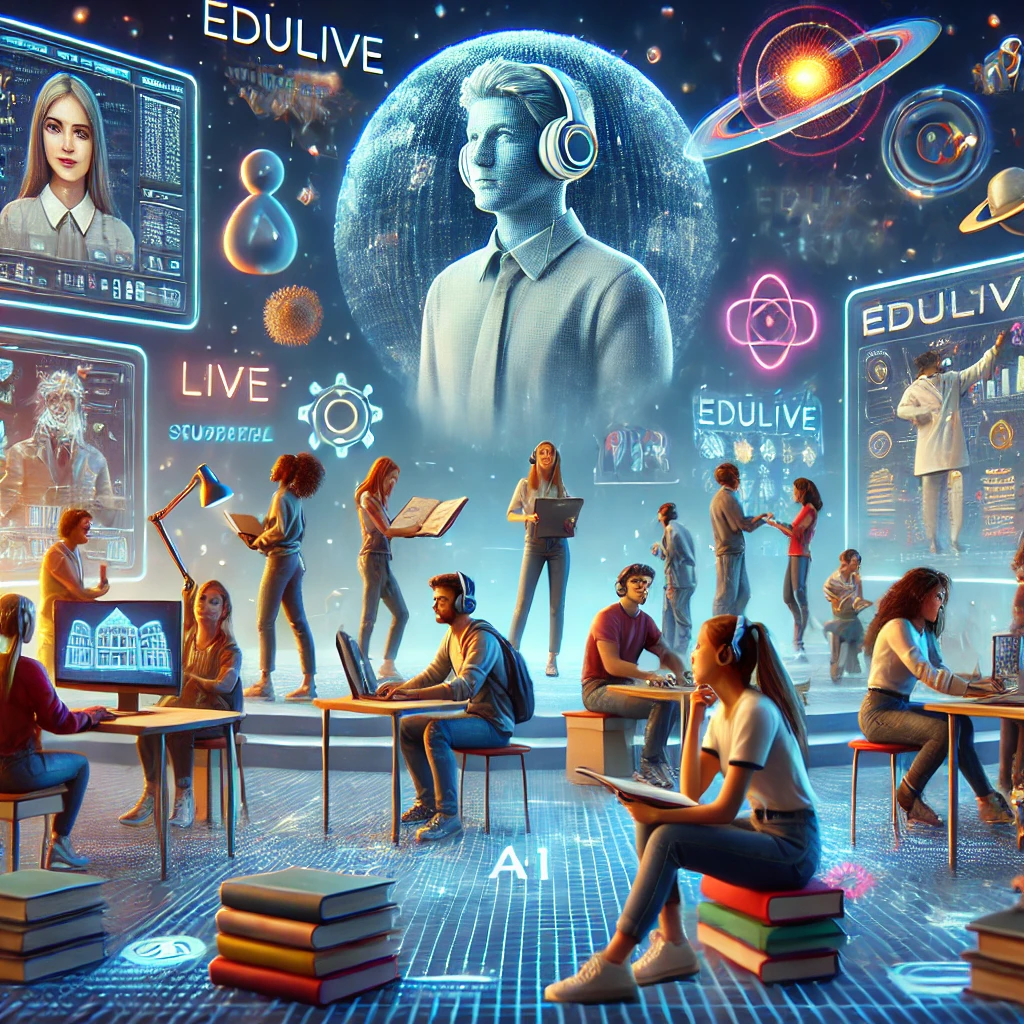
Traditional on-campus education is rapidly becoming a thing of the past as AI-enhanced teachers and professors revolutionize learning, making it more accessible, personalized, and efficient. With AI-generated course materials and interactive lessons delivered by AI-driven robotic educators, students can engage in dynamic, tailored learning experiences, allowing ambitious learners to accelerate their education and earn degrees faster than ever before. At the forefront of this transformation is EduLive, a nonstop, 24/7 learning platform that empowers students worldwide to gain expert knowledge anytime, anywhere. By leveraging the latest advancements in AI and machine learning, EduLive is redefining the future of education, breaking barriers, and ensuring that learning remains limitless and adaptable to every student’s needs.
